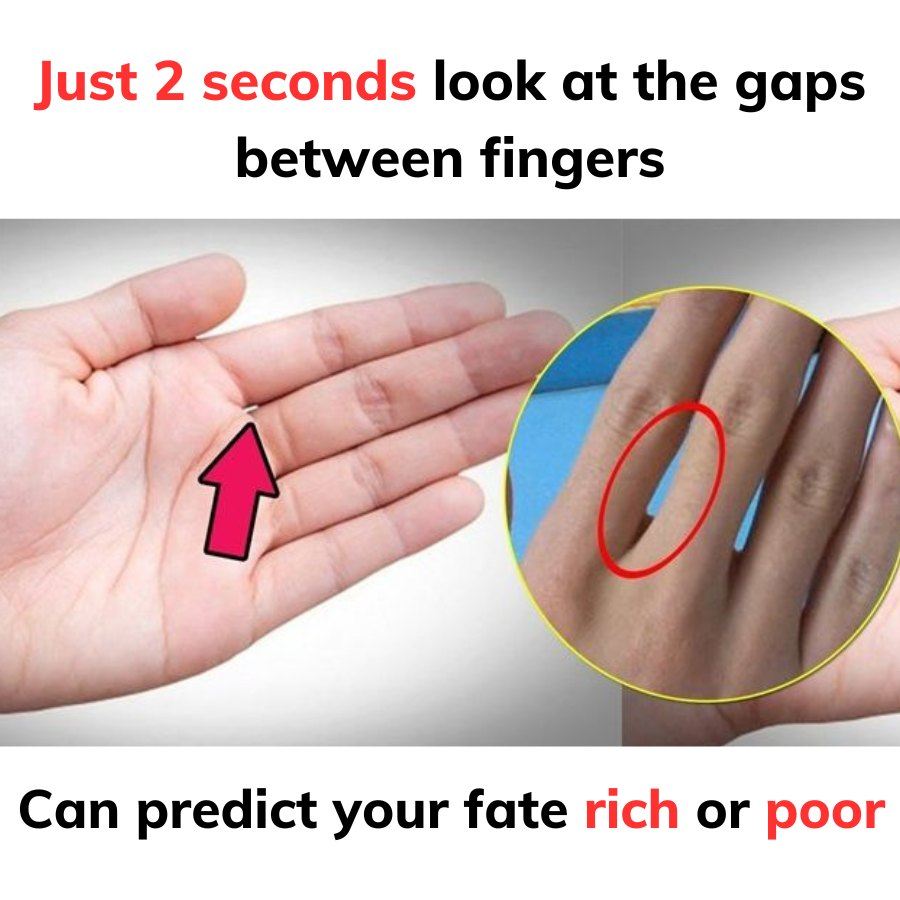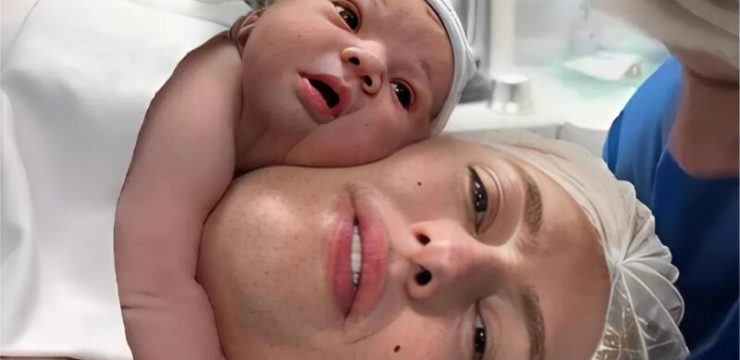Have you ever taken a close look at your hands and wondered if they hold clues about your personality or future? While this might sound a little mystical, the gaps between your fingers when you close your hand are believed to reveal fascinating insights about your financial habits and fortune. Let’s delve into what it might mean if you have significant gaps between your fingers.

When you close your hand and press your fingers together, take a moment to observe whether there are any gaps between them. For some people, their fingers close tightly, with no noticeable spaces in between. According to traditional physiognomy, this signifies a strong potential for wealth and good luck. People with tightly closed fingers are thought to have a natural ability to save money and manage their finances wisely. They plan their spending carefully and are cautious with their financial decisions, which sets them up for long-term success. Their disciplined nature often leads to stability, and with time, their savings can grow significantly.
On the other hand, those who have large gaps between their fingers may face a different path when it comes to financial matters. These gaps are believed to indicate a tendency to lose money or struggle with accumulating wealth. While people with such hands may have a great ability to earn money, they often have difficulty holding onto it. Their spending habits tend to lean toward the lavish side, and they might struggle with impulse purchases. When they want something, they feel compelled to have it, regardless of whether it’s a necessity or just a fleeting desire.
This impulsiveness and lack of financial discipline can create a cycle where money comes in but flows out just as quickly. Even if these individuals have a high income or experience periods of financial success, their spending habits often prevent them from building substantial savings. They may not prioritize creating a safety net for the future, leaving them vulnerable to unexpected financial challenges.
Another characteristic of people with large gaps between their fingers is that their approach to money management is often described as careless. They rarely put much thought into how they spend or where their money goes. Budgeting might feel like a chore, and planning for long-term goals, such as retirement or major investments, often takes a backseat. This lack of foresight can lead to missed opportunities for financial growth and stability.
However, having large gaps between your fingers does not mean you’re doomed to financial struggles forever. Understanding these tendencies can help you make intentional changes to improve your financial situation. First, it’s important to cultivate mindfulness around spending. Before making a purchase, take a moment to consider whether it’s a want or a need. Setting clear financial goals can also be a powerful motivator to curb unnecessary expenses and focus on building wealth.
Additionally, developing a habit of saving regularly, no matter how small the amount, can lead to significant results over time. Even setting aside a portion of each paycheck for emergencies or future investments can make a big difference. Creating a budget and tracking your expenses can also provide valuable insights into your spending patterns and help you identify areas where you can cut back.
If these adjustments are made with consistent effort, people with large gaps between their fingers can transform their financial future. Learning to balance their natural earning potential with thoughtful spending habits will allow them to achieve stability and peace of mind in the long run.
It’s also worth noting that our personalities and habits are not set in stone. With self-awareness and a willingness to change, anyone can overcome challenges and create a better path for themselves. While the idea of analyzing finger gaps might seem like an old-fashioned belief, it offers an interesting perspective on how our habits and behaviors can influence our lives.
In conclusion, whether you have tightly closed fingers or significant gaps between them, the most important thing to remember is that financial success depends on your actions. Those with no gaps may have an easier time managing their finances, but those with gaps can still cultivate the discipline needed to thrive. By taking charge of your habits and making smarter financial decisions, you can rewrite your story and work toward a prosperous future. After all, the fate of your wealth is ultimately in your hands—literally and figuratively.





